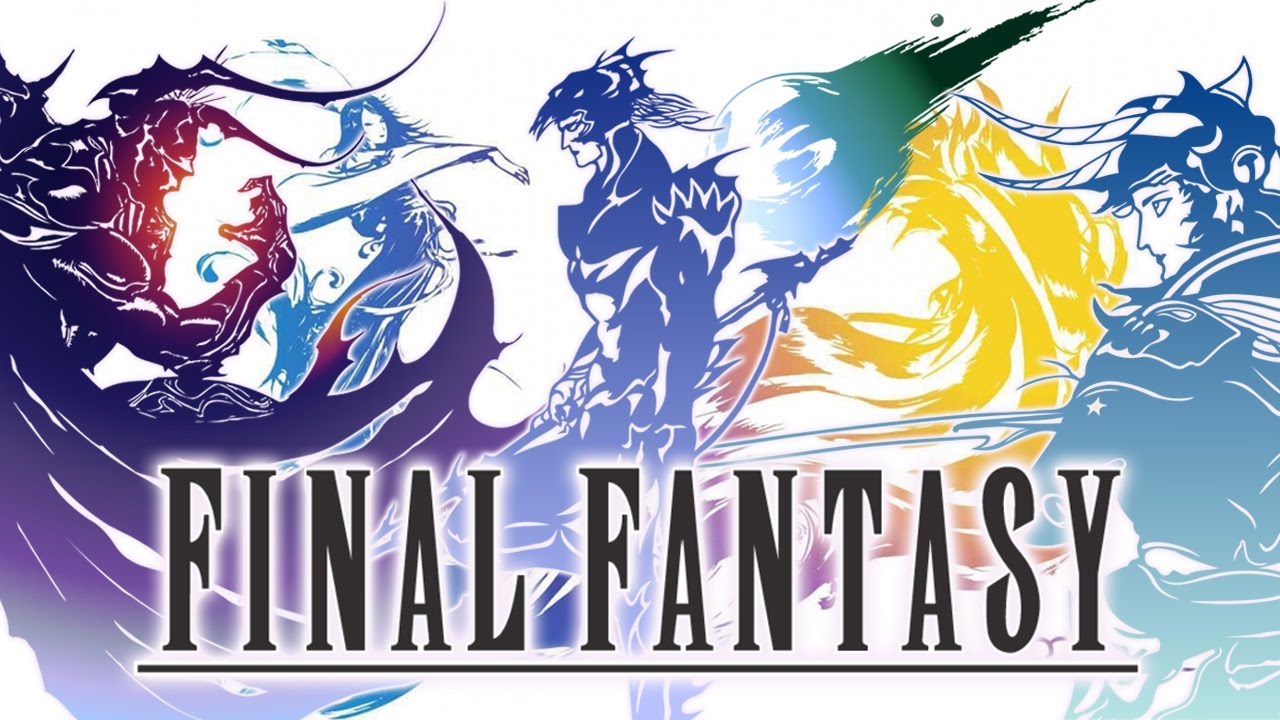
Final Fantasy is almost as old as home console gaming, boasting a great many games under the umbrella of its storied name. Many of these are mainline games, though "mainline" is a bit of a stretch for a series with few direct sequels.
A whole slew of others are full-fledged spin-offs, though — games that experiment wildly with traditional mechanics, try a completely new setting, fuse genres, or all of the above and then some.
Square Enix gives some of these love from time to time, like remastering Crystal Chronicles, but others aren't so lucky and gradually fade away or get discontinued altogether. So, we put together a list of nine Final Fantasy spin-offs that don't get too much attention or easily get lost in the shuffle. Proper sequels and non-Final Fantasy games are excluded.
Let's get started.

The Final Fantasy Legend
The Final Fantasy Legend is only a Final Fantasy spinoff in the West. That’s because it’s actually the first SaGa game, which Square ported to the US on the Game Boy under the Final Fantasy moniker to help encourage sales.
The difference between the two franchises was pretty easy to spot, whatever the game might be called.
Legend has some familiar FF material, like the job system, light versus dark, and so on. However, the class system was completely changed.
It also gives you humans, mutants, and monsters as your potential allies. Gender and type determine stats, but these can sometimes be altered depending on items you use or acquire.
Equipment can break, some races are limited with how much they can equip — in short, it’s a SaGa game through and through, which makes Legend all the more impressive for being a Game Boy game.

Final Fantasy Dimensions
Final Fantasy Dimensions was one of the earlier FF mobile attempts, and it was pretty darn good as well. Think episodic Final Fantasy with traditional deep FF job system, no gacha, decent enough narrative — especially for a mobile game at that time — and you’ve got FF Dimensions.
Basically, it’s Brave Exvius, but without cameos of fan-favorite characters.
Dimensions combined themes, jobs, and story beats from throughout the series, and between that and the brand-new cast, it really felt like a completely new FF game.
More importantly, even when the narrative was at its worst, it didn’t feel like an unnecessary bit of fan-fiction, like The After Years (fight me), which the same team also developed.
Dimensions was successful too, enough that Square Enix continued supplying episodes for a while before, sadly, discontinuing the game.

Final Fantasy Crystal Chronicles: My Life as a King
Final Fantasy: Crystal Chronicles was a spinoff that sparked a number of spinoffs, one of them being Final Fantasy Crystal Chronicles: My Life as a King on WiiWare.
You play as King Leo, a chibi-dorable young monarch trying to rebuild a kingdom after the miasma destroyed it — just like it destroyed the Crystal Chronicles Remastered release date (ba-dum-tissss).
Part town-building simulator, part traditional turn-based RPG, you’ll help King Leo assemble teams of adventurers to gather materials and explore dungeons while also creating and maintaining facilities to keep your subjects happy. Naturally, it’s not as deep in either respect as it could be. However, it’s fun, it’s cute, it was popular, and now it’s gone forever with the end of WiiWare.
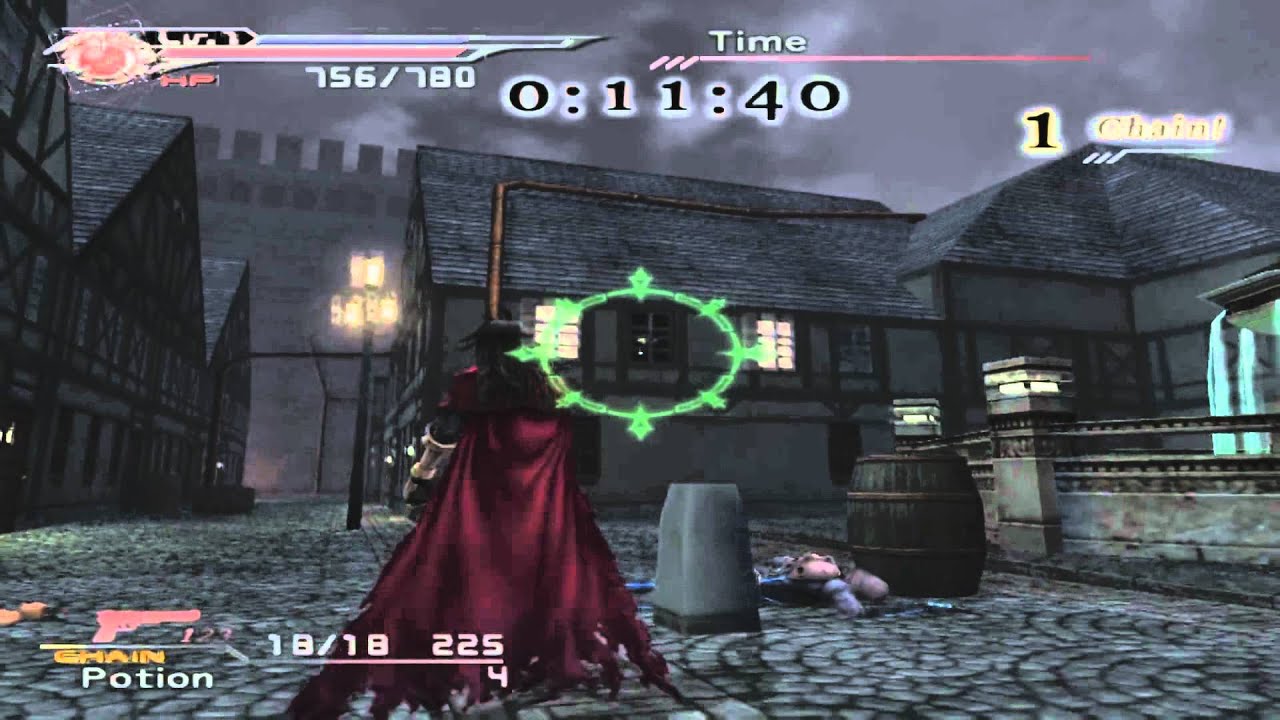
Dirge of Cerberus: Final Fantasy VII
Back during the first peak of Final Fantasy VII fever, Square Enix envisioned an entire saga centered around Cloud and his companions. Dirge of Cerberus was part of that plan in the PS2 era. Though it was later overshadowed by the admittedly better realized Crisis Core prequel, Dirge was a step into the wild side.
Rather than sticking with the traditional turn-based formula, Square Enix decided this story would be much better if it were told through insane bouts of gunslinging action. It might seem strange, were it not for the action emphasis in the new Final Fantasy VII Remake, which in hindsight shows Dirge was actually a step towards a future innovation.
Unlike Crisis Core, Dirge also ditched the biggest protagonists in favor of eccentric Vincent Valentine and Yuffie, though that probably wasn’t a bad move. FFVII’s cast is pretty big, and not everyone gets the screen time they should. How much of this plot might be retconned back into FFVII R remains to be seen, though it’s possible we might just see more of Vincent and Yuffie soon.

World of Final Fantasy
We’ll forgive you if you did actually forget about World of Final Fantasy. Outside of this year’s Maxima update, with some new endgame content among other things, Square Enix seems to have forgotten it as well and shows no signs of going back.
And that’s a bit of a shame. The spinoff might have some issues with characterization (Hi, I’m Lann and I’m dumb! Don’t worry, I’ll remind you later. A lot.). What it doesn’t have, though, is a lack of heart and charm.
This Pokemon mashup is a love letter to the entire franchise that even newbies can play and enjoy. Even though the story and cameos are essentially Final Fan-fiction, it’s excellent to see Square Enix willing to take liberties with their beloved properties and try something completely new and the-bonkers.

Final Fantasy XII: Revenant Wings
This one breaks the rules a bit because it’s technically a numbered Final Fantasy game. Unlike X-2 and all 25 FF XIII games, though, Final Fantasy XII: Revenant Wings doesn’t quite count as a full-on sequel. You play as Vaan and Penelo, among others, and scour the skies for treasure as sky pirates, eventually encountering other characters from the original FFXII and some villains who want to destroy the world (of course).
However, Final Fantasy meets Star Wars, this is not, for the narrative never reaches the same heights as its source.
What really makes Revenant Wings stand out is the gameplay, which makes it more like a Heroes of Mana spinoff with Final Fantasy paint. Revenant Wings is a real-time strategy game, where you command hordes of monsters and allies in battle.
Heroes have gambit skills that can offer benefits, though it does sometimes devolve into making mobs collide and seeing who comes out alive. Still, you visit a huge variety of locations, and the graphics are lovely, especially for the DS era.

Chocobo Racing
For a while, it seemed like every franchise had to have a kart racer game, thanks to a certain red-hatted plumber. Chocobo Racing was that experiment for Square, and it received lukewarm to terrible critical reception when it first launched. Granted, part of that could have been down to timing. Square’s success with Final Fantasy VII set a tone for other games both in the series and on the PSX in general.
Yes, the controls are crappy, and the tracks are bland (as are Mario Kart 64’s) but the feathered racer still left treadmarks on many people’s hearts, this writer’s included. It’s got the kind of fluffy and warm story that would come to be synonymous with Chocobo games, the powerups were something new and different from Mario Kart, and it was an excuse to listen to classic Final Fantasy tracks remixed.
Sadly, the 3DS remake was not to be. Had it come to pass, though, more than one heart might have exploded into feathery clouds, so maybe it’s okay after all.

Chocobo's Dungeon
Chocobo’s Dungeon — a spinoff series in another series — is another story, one that’s at least achieved longevity, if not notoriety. It’s part of the long-running Mystery Dungeon series (which is to say, it’s as old as gaming itself), though the pack-in demo we got with Chocobo Racing was for the second Chocobo’s Dungeon game.
The first remained a Japan-only release, but either way this was one of the first big franchise ventures into Mystery Dungeon, long before Pokemon spawned its own mini-series in the Mystery Dungeon series.
Chocobo’s Dungeon 2, and the other Chocobo games, really, are all about Chocobo trying to help out people in need. It’s cute, it’s bright and colorful — and it’ll grind your very soul into oblivion if you aren’t careful.
These games are hard, much more challenging than their candy-coated exteriors would suggest. That’s part of the charm, though, toughing it out with Chocobo, probably a White Mage, a snotty Moogle, and definitely someone named Cid ready to drag your battered feathers out of the dungeon before it’s too late.

Final Fantasy: Type-0
School stories have been A Thing in Japanese games since Persona 3 launched the sub-genre into the stratosphere. Some are good, some suck big time, but they all usually center around creating characters and a world you want to interact with, letting you interact with it all. Type-0 is Final Fantasy’s school game and does all that, before killing everything and making you watch it die. It’s definitely not a happy school story.
But it is an ambitious one, re-using themes like the invading evil empire and moody students and placing them in a much more intricate and detailed world. You’re rewarded for investing your time exploring this doomed kingdom and the people who live in it. The same goes for your classmates.
The combat system, though a bit herky-jerky with its camera antics, is a fantastic blend of strategy and action that keeps you on your toes and requires a balanced team at all times. Since it’s HD release on PS4, though, Square Enix hasn’t really done anything like it and might not do so again either, though it’s pretty clear the action focus inspired the likes of FFXV and probably even FFVII R.
---
That's it for our forgotten Final Fantasy spin-offs picks. Got any that are so forgotten even we forgot them? Sound off in the comments and let us know.

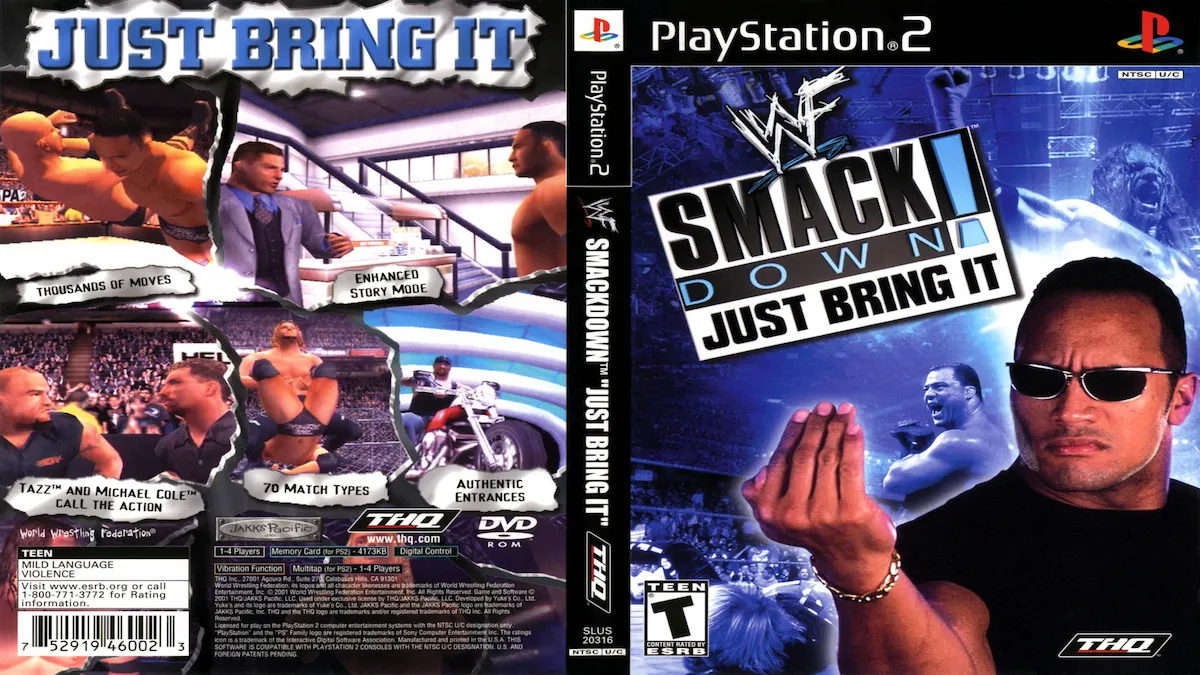
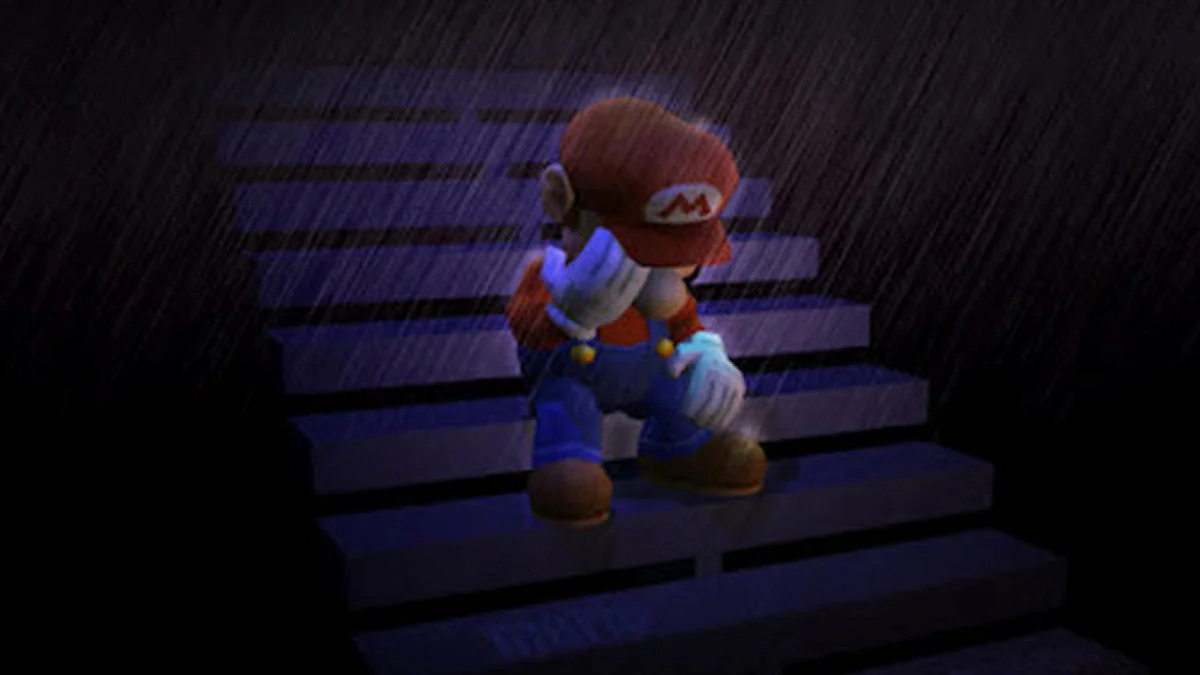
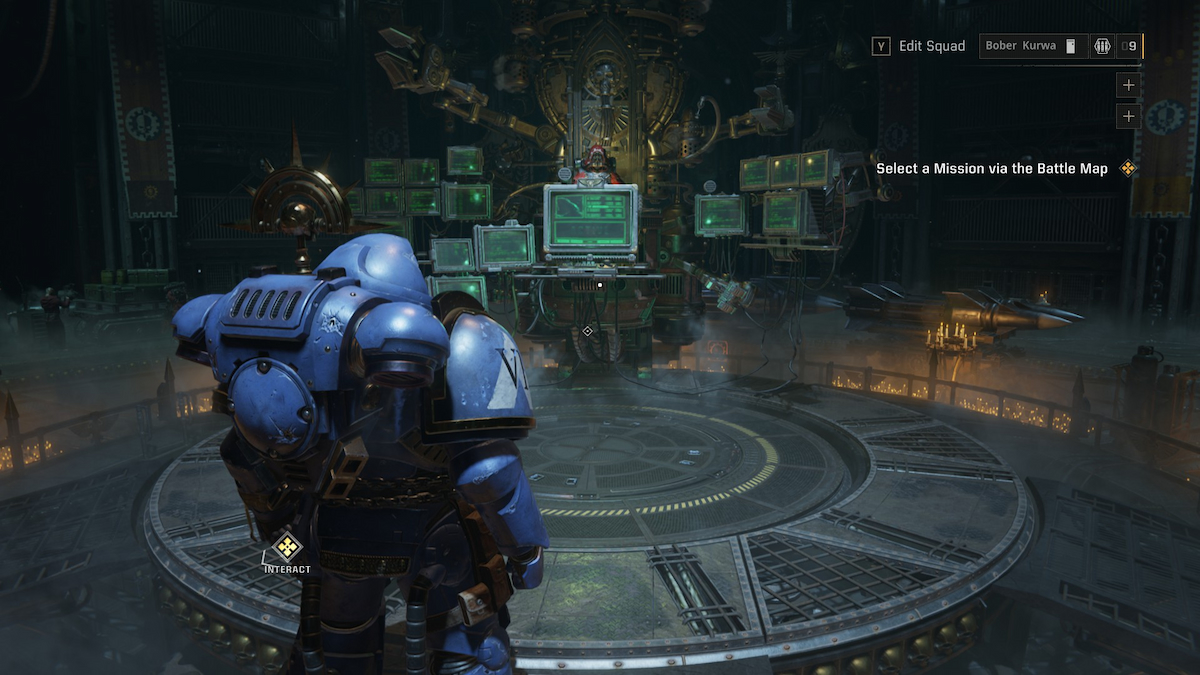
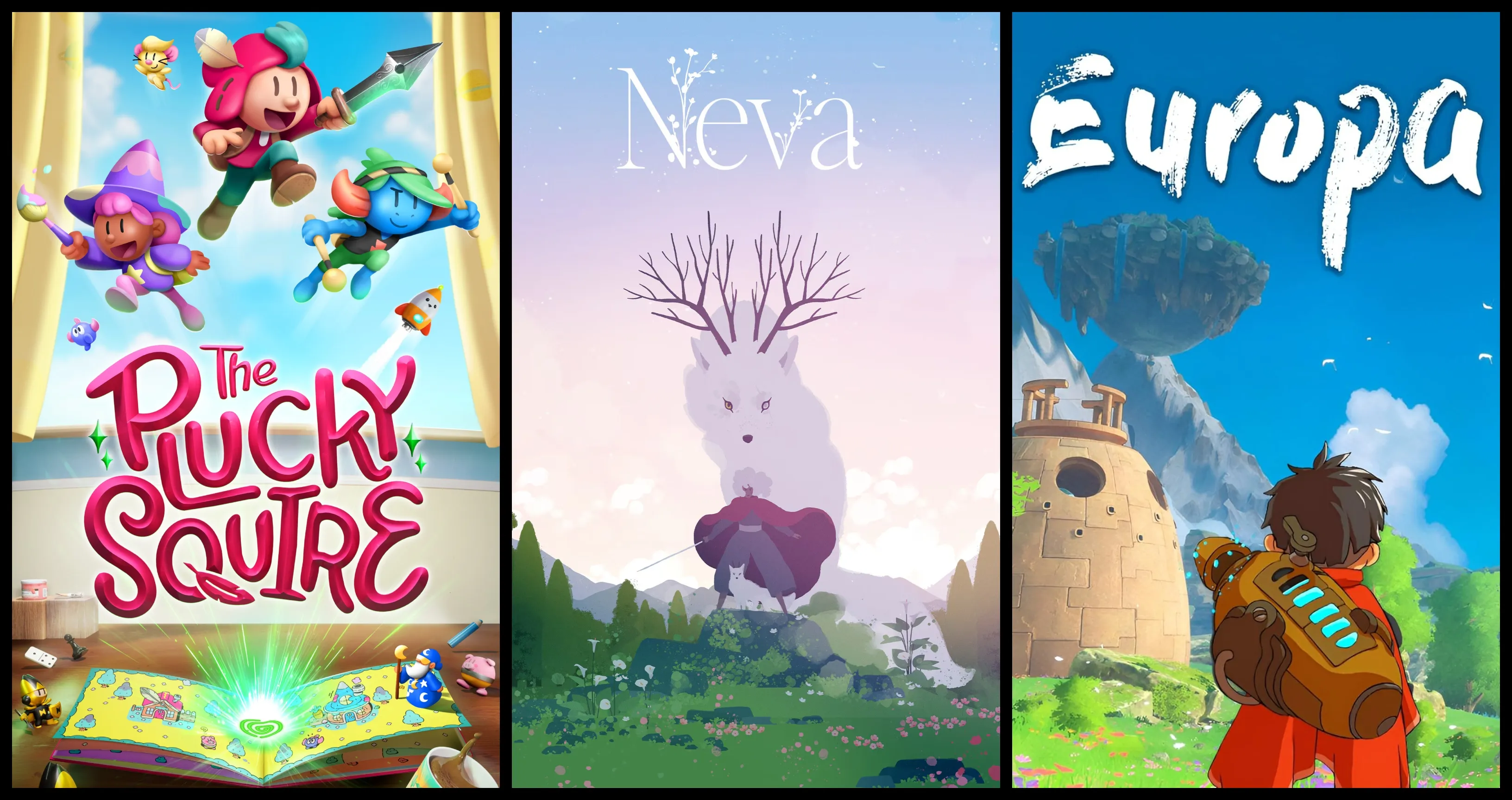
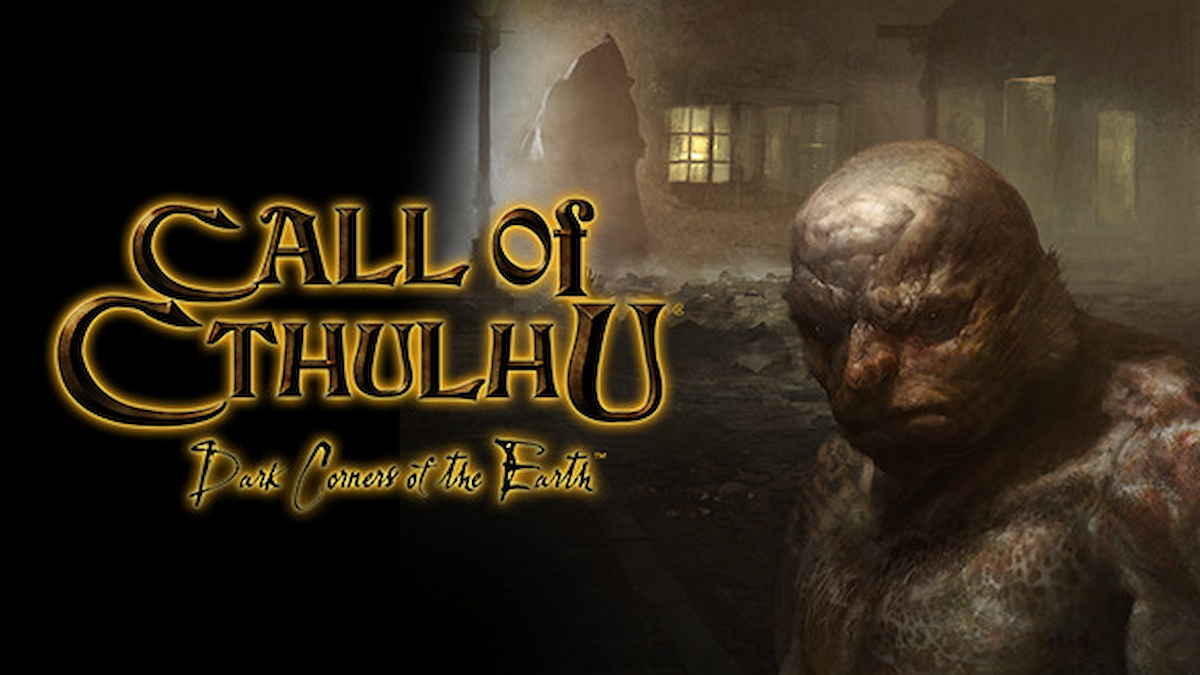
Published: Dec 14, 2019 03:56 pm